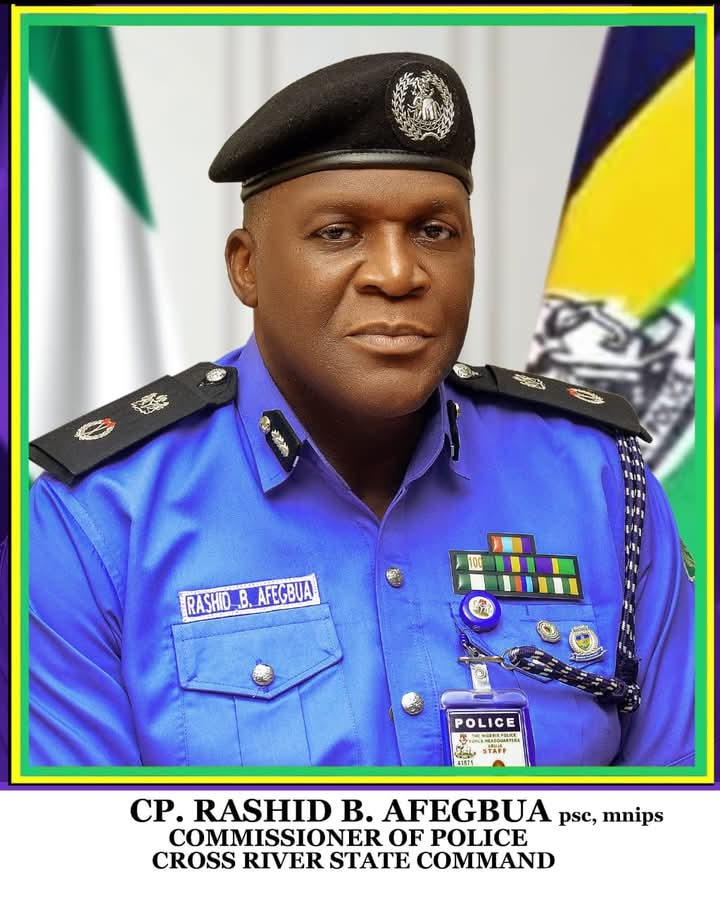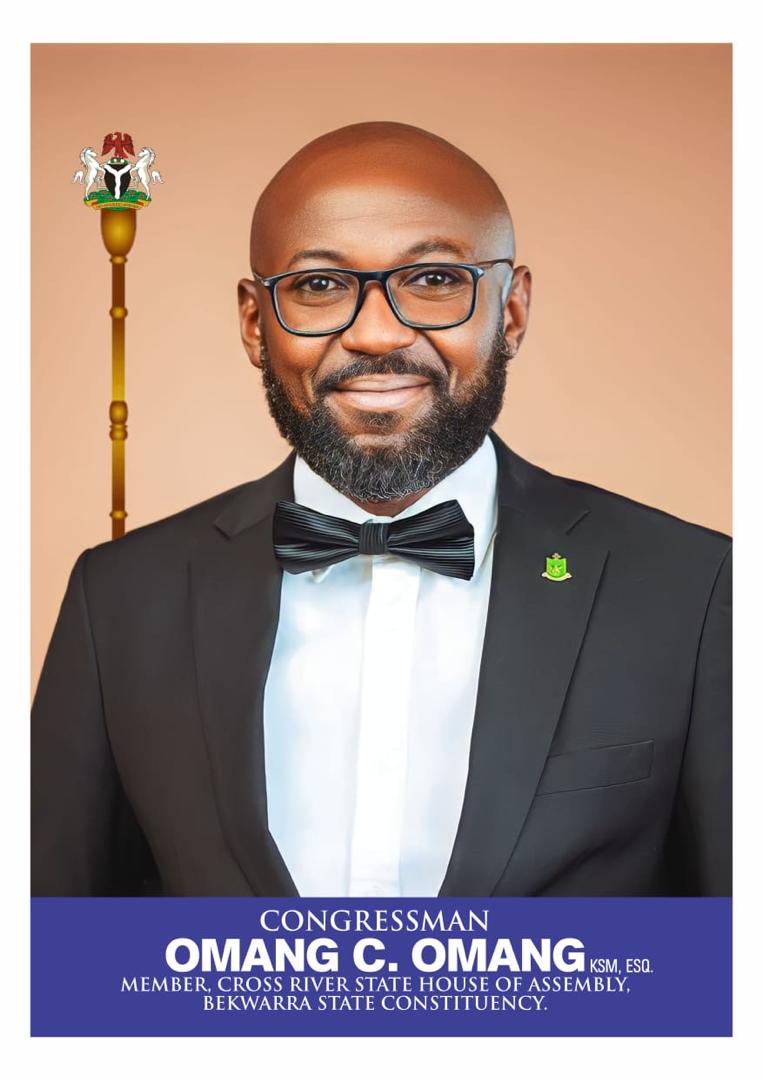-

Just In: C’River Police Command Confirms Arrest Of Nurse And Accomplice Involved In Child Trafficking In Ogoja
CROSS RIVER STATE POLICE COMMAND PRESS RELEASE: 17TH JULY, 202 ARREST OF NURSE AND ACCOMPLICE INVOLVED IN CHILD TRAFFICKING – BABY RESCUED UNHARMED AT OGOJA LGA The Cross River State Police Command, under the leadership of Commissioner of Police, CP Rashid B. Afegbua, PSC, mnips, wishes to clarify the facts surrounding the recent incident involving…










